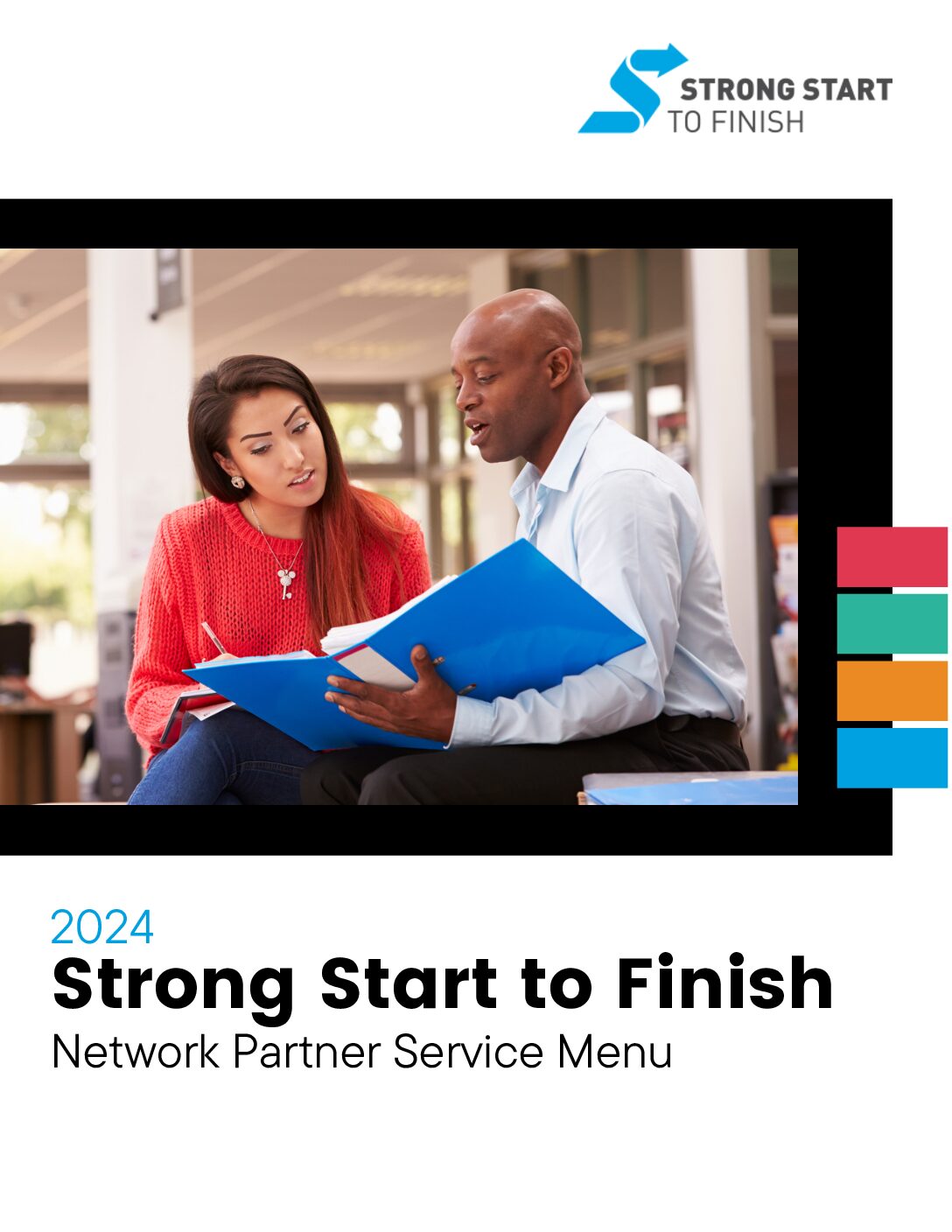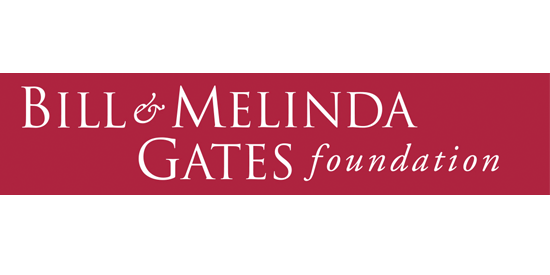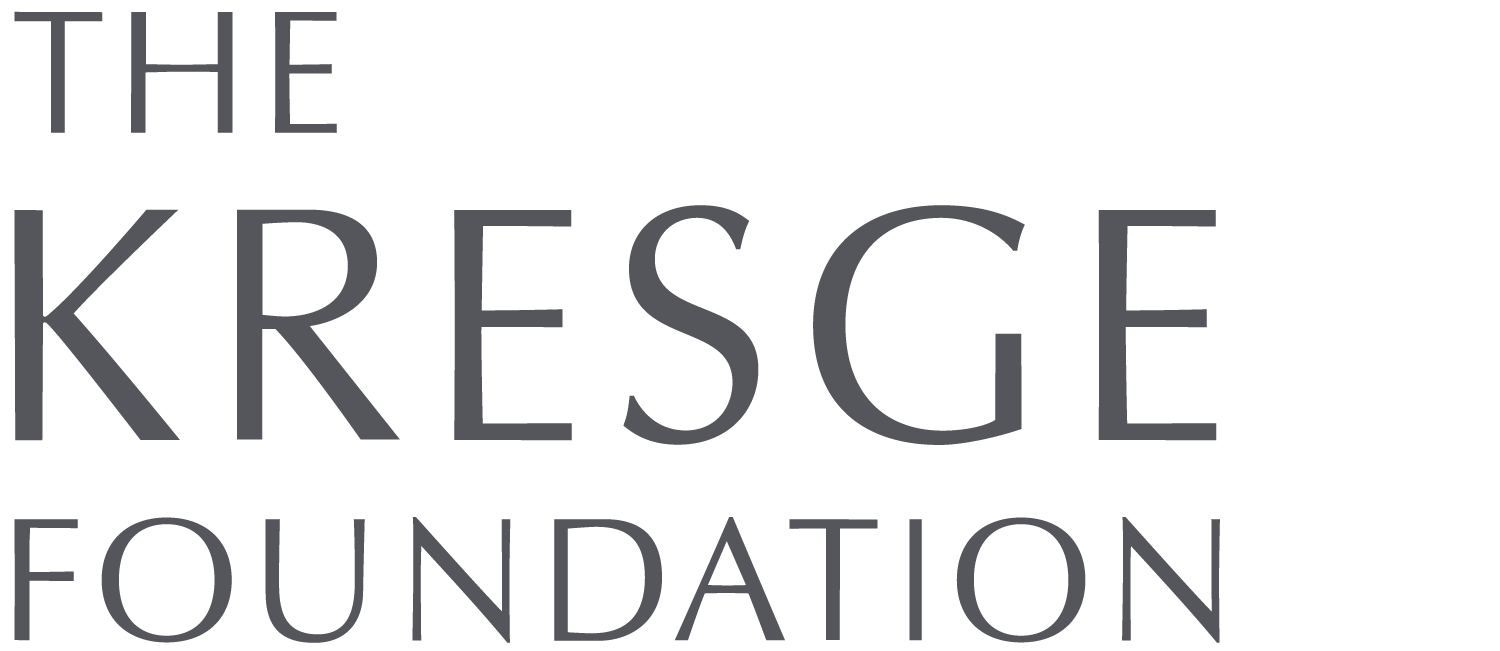We are a network of policy and research partners, institution and systems leaders, and foundations taking collective action to ensure students get the support they need to succeed in their first year of college.
Reforming developmental education so every college student succeeds in their first year.
Strong Start to Finish scales reforms in developmental education across higher education systems, so every student is set up to pass credit-earning courses in English and math in their first year of college. In particular, we support college success for Black, Brown, Asian American and Indigenous students, students with low incomes and returning adults, who have been underserved by the education system.
Featured Resources
Strong Start to Finish: Network Partner Service Menu
There is a persistent problem among colleges and universities for students placed in developmental courses like math and English. They are not completing the courses and, in most cases, should not be taking them in the first place. While developmental education outcomes are deeply troubling for state and institutional leaders and practitioners, for low-income students, students of color and returning adults who see college as a path to something greater, our collective failure to adequately support their success is a heavy burden to bear.
AI in the Corequisite Mathematics Classroom: Navigating Equity, Implementation, and Policy
Do you know whether AI is ‘good at math’? How can faculty and students leverage AI in math teaching and learning? How can institutions think of AI when designing learning supports? All of these questions and more were explored during our virtual workshop: AI in the Corequisite Mathematics Classroom: Navigating Equity, Implementation, and Policy. This workshop was hosted in partnership with Achieving the Dream, Every Learner Everywhere, and WCET – WICHE Cooperative for Educational Technologies (WCET).
AI in the Corequisite English Classroom: Navigating Equity, Implementation, and Policy
In the evolving landscape of higher education, artificial intelligence (AI) is not merely a novel tool — it’s transforming the pedagogical process and the student experience. Thus, it has implications for how we offer learning supports for college-level English and math courses. AI in the Corequisite English Classroom: Navigating Equity, Implementation, and Policy, participants had the opportunity to work on their AI platform of preference and offered suggestions and prompts. This session was hosted in partnership with and facilitated by Achieving the Dream and the WCET – WICHE Cooperative for Educational Technologies (WCET).
The Past Informs the Future: What We’ve Learned about Scaling Developmental Education Reform
This discussion focused on understanding the roles of various stakeholders in implementing and sustaining these critical reforms to help achieve better outcomes for students, especially for racially minoritized students, students with low income, and returning adults.
Stories & Insights
Let’s Study Our Outcomes, Not Our Intentions
Studying how our practices can privilege some students and create barriers for others, particularly whether there is a racialized pattern to that, is essential to address the current state of racial disparities in education. A recent report noted that faculty want to utilize culturally relevant teaching practices, yet a lack of time and capacity are barriers to developing these practices. In my experience, I have found the opposite to be true. Teaching and learning become easier when teachers understand what students understand. Teaching using the strengths of students actually saves time.
Read more



